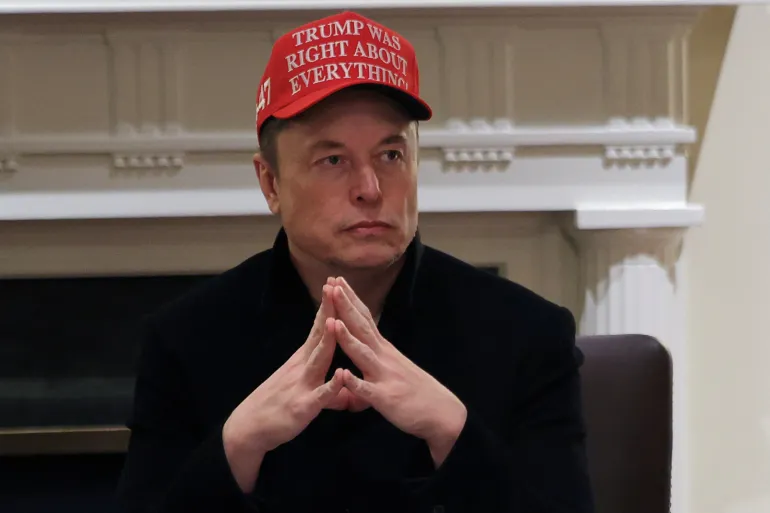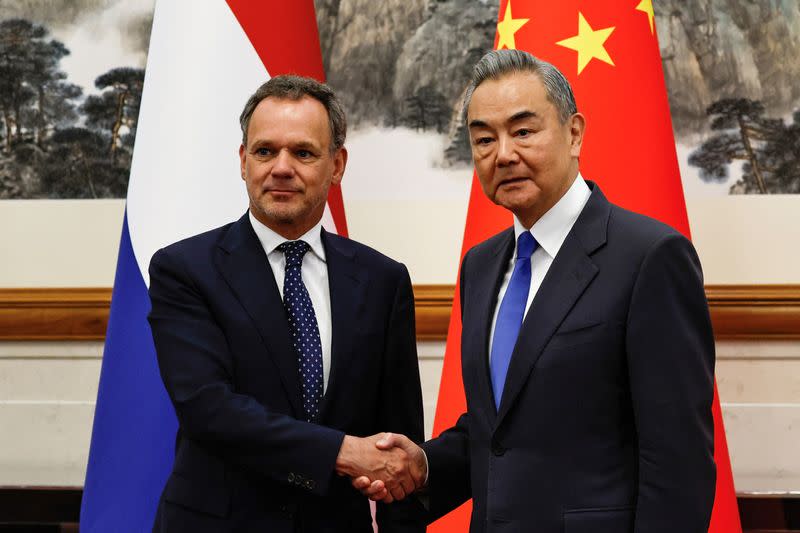Elon Musk has officially announced his resignation from his advisory role in U.S. President Donald Trump’s administration, citing growing disagreements over key policies. The announcement, made on Thursday, marks a significant rift between the tech entrepreneur and the Trump White House, months into Trump’s second term.
Musk, CEO of Tesla and SpaceX, released a statement saying that his decision stemmed from “fundamental differences in values and approaches,” particularly on issues related to climate policy, technology regulation, and international trade. He emphasized that while he initially joined the administration in hopes of fostering innovation and industrial growth, he could no longer support the direction it was taking.
“I joined the administration to help steer the country toward a high-tech future and encourage rational policy,” Musk wrote on social media. “However, it has become increasingly clear that my continued presence would imply endorsement of policies I fundamentally disagree with.”
White House officials have confirmed Musk’s resignation, thanking him for his service while downplaying the political implications of his departure. A spokesperson noted that the administration “respects his decision and continues to value the input of America’s business leaders.”
The split is believed to have been accelerated by the Trump administration’s recent decisions to roll back electric vehicle tax credits, impose stricter tariffs on imported battery components, and reduce funding for renewable energy research. These moves are seen as direct hits to Musk’s business interests and the broader clean energy agenda.
Musk’s exit is also reportedly linked to ongoing disputes over artificial intelligence regulation. While the entrepreneur has called for a balanced and proactive framework to govern AI development, administration officials have favored a more hands-off approach, arguing that regulation could stifle American competitiveness.
Political analysts say the departure signals a broader shift in the administration’s relationship with the tech industry. Musk had served as a bridge between Silicon Valley and the White House, and his absence may complicate future engagement with other tech leaders.
Reactions to the resignation have been mixed. Environmental groups and tech advocates praised Musk’s decision, saying it sends a strong message about the importance of science-based policy. Some critics, however, argue that Musk should have left sooner given his long-standing differences with the administration.
This is not the first time Musk has exited a presidential advisory role. In 2017, during Trump’s first term, he resigned from two White House councils following the administration’s decision to withdraw from the Paris Climate Agreement. He later rejoined in a limited capacity during Trump’s re-election campaign in 2024, where he served on the Innovation and Economic Strategy Council.
For now, Musk has said he will refocus his efforts on advancing technological solutions through his companies and non-governmental initiatives. “My mission to help humanity transition to a sustainable future continues,” he wrote.
Observers note that Musk’s departure may spark further resignations from other tech leaders serving in the administration. While no additional exits have been confirmed, sources within the industry suggest that other advisors are reevaluating their positions in light of Musk’s decision.
Source; Al Jazeera



